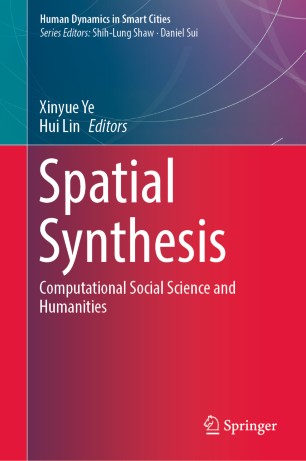

Most ebook files are in PDF format, so you can easily read them using various software such as Foxit Reader or directly on the Google Chrome browser.
Some ebook files are released by publishers in other formats such as .awz, .mobi, .epub, .fb2, etc. You may need to install specific software to read these formats on mobile/PC, such as Calibre.
Please read the tutorial at this link: https://ebookbell.com/faq
We offer FREE conversion to the popular formats you request; however, this may take some time. Therefore, right after payment, please email us, and we will try to provide the service as quickly as possible.
For some exceptional file formats or broken links (if any), please refrain from opening any disputes. Instead, email us first, and we will try to assist within a maximum of 6 hours.
EbookBell Team

0.0
0 reviewsThis book describes how powerful computing technology, emerging big and open data sources, and theoretical perspectives on spatial synthesis have revolutionized the way in which we investigate social sciences and humanities. It summarizes the principles and applications of human-centered computing and spatial social science and humanities research, thereby providing fundamental information that will help shape future research. The book illustrates how big spatiotemporal socioeconomic data facilitate the modelling of individuals’ economic behavior in space and time and how the outcomes of such models can reveal information about economic trends across spatial scales. It describes how spatial social science and humanities research has shifted from a data-scarce to a data-rich environment. The chapters also describe how a powerful analytical framework for identifying space-time research gaps and frontiers is fundamental to comparative study of spatiotemporal phenomena, and how research topics have evolved from structure and function to dynamic and predictive. As such this book provides an interesting read for researchers, students and all those interested in computational and spatial social sciences and humanities.